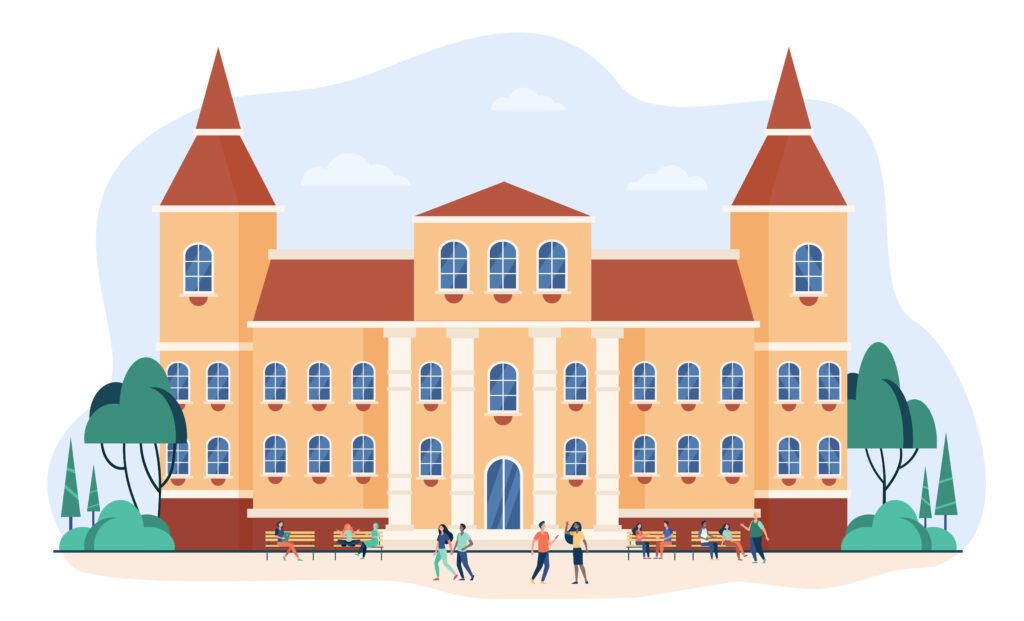UK universities are harnessing AI-driven predictive analytics to improve student retention and success rates. With institutions such as King’s College London, University of Leeds, and University of Nottingham adopting advanced tools, predictive analytics identifies at-risk students, recommends tailored interventions, and aligns support systems with individual needs. This approach is particularly critical as universities navigate the growing demand for adaptable and inclusive educational frameworks.
Leveraging Predictive Models for Early Intervention
At King’s College London, AI analyzes attendance, academic performance, and engagement data to forecast dropouts. Based on these insights, the university designs proactive measures such as tutoring sessions and personalized mentorship programs to re-engage students.
Enhancing Curriculum Relevance
Predictive analytics at the University of Leeds links course content with evolving market demands. For example, data highlights growing interest in digital marketing and data science, prompting curriculum adjustments to offer specialized modules, ensuring graduates are workforce-ready.
Driving Resource Optimization
The University of Nottingham uses predictive models to allocate resources efficiently. Libraries, labs, and counseling services are scaled based on usage forecasts, ensuring every student has equitable access. AI recommendations also enable universities to target scholarships toward students most likely to excel with financial aid.
Supporting International Student Success
Predictive systems are particularly beneficial for international students. By analyzing language proficiency, cultural adaptation metrics, and academic trends, universities design tailored support systems. For instance, students in STEM programs might receive AI-curated study materials aligned with their learning habits.
Addressing Sector-Specific Demands
As UK industries emphasize sustainable technology, healthcare innovation, and green finance, universities are adjusting their offerings. Predictive analytics identifies shifts in student interests and job market trends, ensuring programs are relevant to future workforce needs.
Conclusion
Predictive analytics is transforming higher education in the UK by identifying risks, enhancing curriculum relevance, and optimizing resources. As universities embrace these AI tools, they foster better student outcomes while aligning with market demands, solidifying their roles as global leaders in education innovation.
Hashtags for SEO
#AIinEducation #PredictiveAnalytics #StudentRetention #UKHigherEd #EducationInnovation #AIforLearning #MarketDrivenCurriculum #UniversitySuccess

